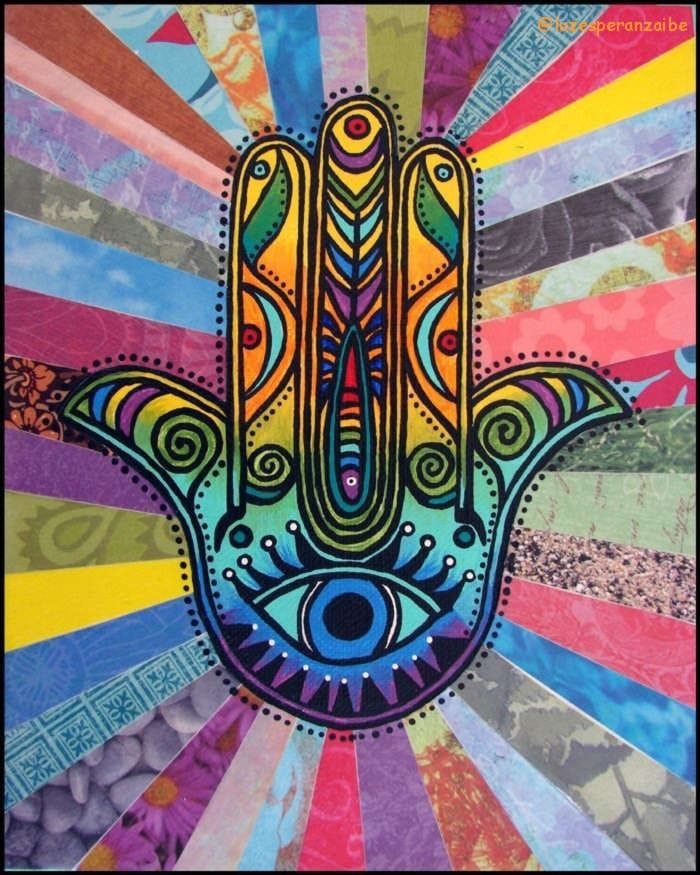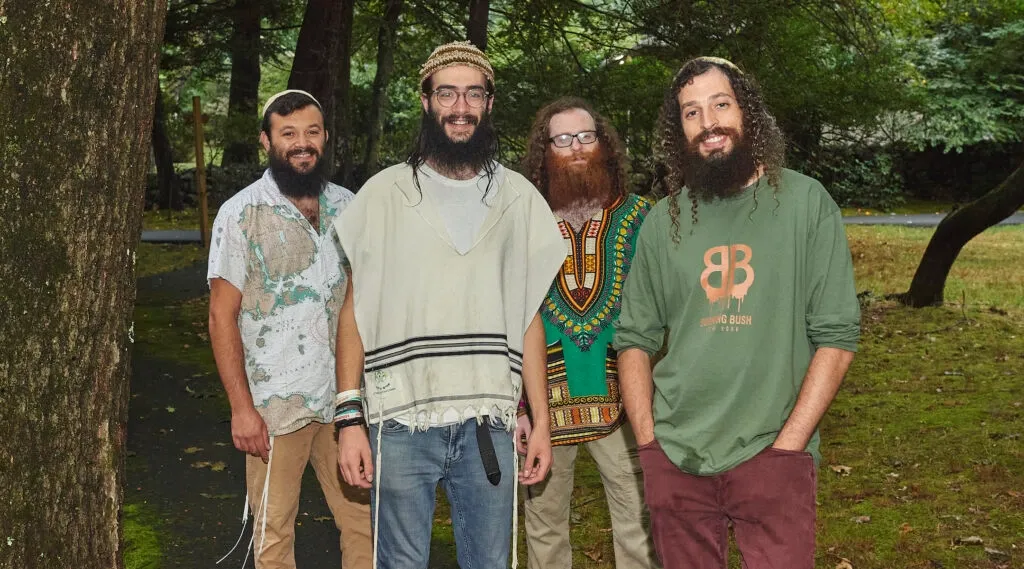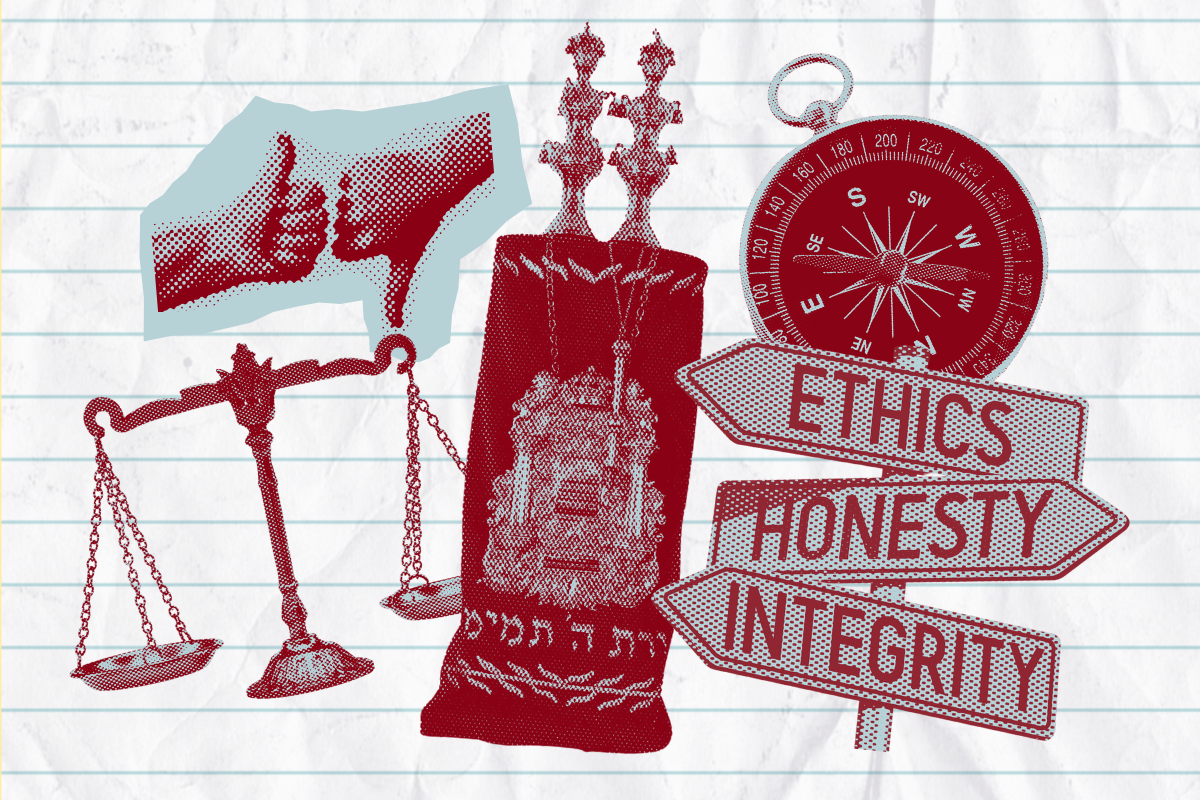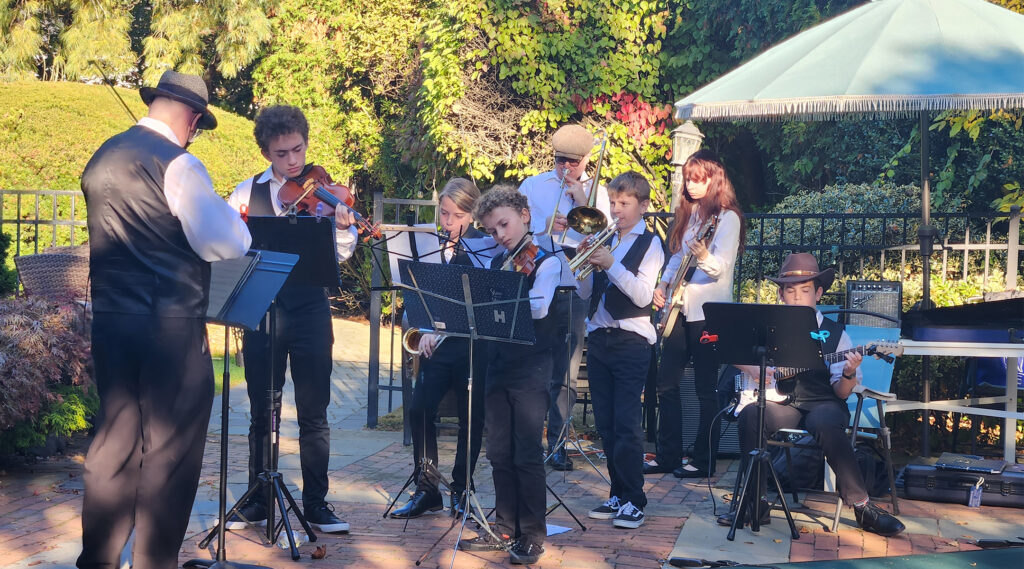Shabbat Gathering: Kadosh or counterculture? Pretty much the same thing.

Gud Shabbos Khaveyrim, as is our custom, we will gather tonight at 5.45p ct to welcome Shabbat. These are the coordinates:
Zoom
Meeting ID: 883 8469 4181
Password: 822665
Phone: +1 312 626 6799
(To unsubscribe from the newsletter, click the link at the very bottom of this email.)
Note: Thanks to Jeanne for organizing last week’s gathering.
Here we go.
In this week’s parsha, Abraham buys a tomb for Sarah. He negotiates with the Hittites, the people of the land where Abraham is temporarily living. The Hittites offer him a “friends and family” deal on a tomb and Abraham repeatedly refuses it. He insists on paying full price.
I’ve heard several interpretations of why Abraham did this, but none of them really “clicked” for me until this year when I read a back issue of a newsletter called etz hi and a chapter on choseness from R. Shai Held’s book, Judaism is About Love. Both make the point that Jews are a counterculture in the world.
We are the counterculture.
The word counterculture conjures up Woodstock, drugs, and many other grimy things. Take away all those connotations and we’re left with Merriam-Webster’s definition: “A culture with values and mores that run counter to those of established society.” Comrades, in this wicked, wicked world, I’ll proudly stand with the counterculture.
I was born in 1958 and grew up with the television on. As a small boy, the images I saw of the war and those protesting the war made a deep impression on me. Furthermore, hippies looked dirty but seemed like they were having fun, unless they were being gassed and beaten. I have a false nostalgia for the ‘60s I never experienced. To this day, I call back to the music, the literature, and the ideals.
As a convert, sometimes I think I need to prove a point and make sure I segregate myself from the prevailing Christian community to make my Judaism more obvious to more people. I don’t want Christians, or Jews, to accuse me of trying to pass, so I do things to make sure I stand out. I observe our holidays. I wear my kippah. And I use Yiddish when I know the people around me won’t understand. I’m separate from the dominate culture and I like it like that. For me, it’s my way of trying to preserve an island of Jewish culture in the rough seas of assimilation and diaspora. I’m part of one of the longest standing countercultures.

Kadosh, kadosh, kadosh.
There’s a word we repeat three times during services as we bounce up to our tip toes: Kadosh, kadosh, kadosh. When we say kadosh, most of us translate it to the word “holy” in our head and there’s nothing wrong with that. But I’ve learned that the word kadosh also means “separate,” and being holy certainly separates us from the rest of this world.
Some of our co-religionists take the separateness to extremes. We can spot them in their black hats and tichels as we cross through the shtetels where they live. There are times when I envy them. They don’t have to make decisions every hour of every day about how to live an “authentically” Jewish life. They just follow the crowd. But maybe they’ve taken the easy way. I think about my own daily, hourly challenges. Should I eat pork? Did I say say the nightly shema? Am I living a life dedicated to lovingkindness for all of Hashem’s creatures? Have I avoided lashon hara? Am I actively engaged in being the best Jew I can be? These are my struggles.
"All we are saying, is give peace a chance."
I believe 60’s counterculture produced very few substantive changes. The Vietnam War came to an end, but I don’t believe Nixon and Kissinger were persuaded by Jane Fonda and Abbie Hoffman. Openness about sex waxes and wanes across the generations. Marijuana is all but legal and the medical community is openly experimenting with LSD, but that’s happening in spite of the 60s, not because of it. And it doesn’t seem as if we’ve even tried to give peace a chance.
I don’t know if the Jewish counterculture can expect to change the world either. It seems to me that asking Jews to be role models for the rest of the world might be too big of a request when we can barely be a role model for each other. But it’s in situations such as these that we quote Rabbi Tarfon from the Pirkei Avot: It is not your duty to finish the work, but neither are you at liberty to neglect it.
And may it be for all of us a blessing.
See you tonight!
Gud Shabbes!
All my love,
brian.
PS






-30-





